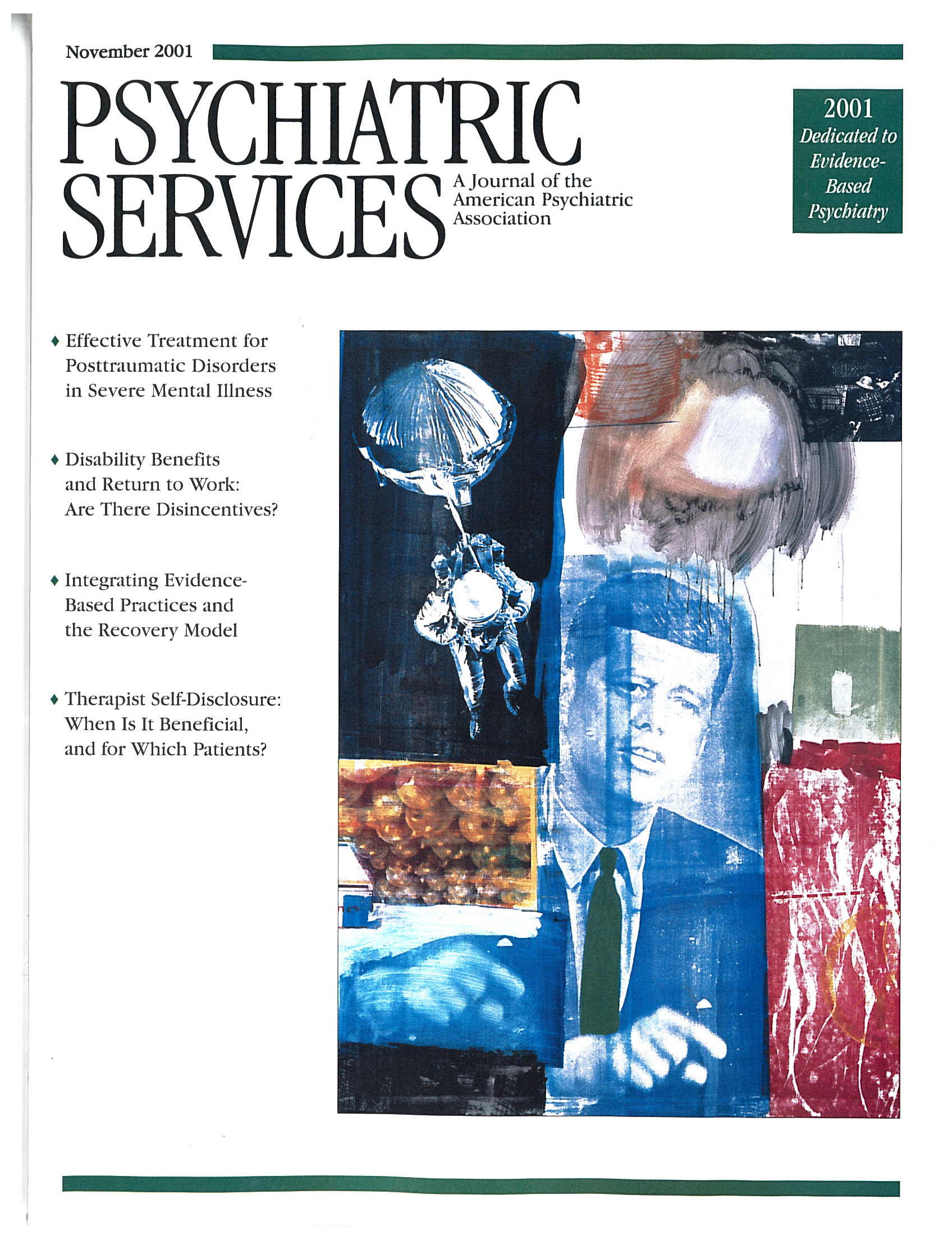Odd Gods: New Religions and the Cult Controversy
Psychiatry and religion in America have probably never had a closer relationship than they do today. The thirst for spirituality and wellness has fostered a milieu of unprecedented interaction between two previously warring disciplines. One look at the list of speakers and presenters at any national convention of mainstream religious or psychiatric organizations will reveal the depth of cross-fertilization between spirit, health, and science. Indeed, it is a heady time for those of us who believe that the synergy of spirituality, religion, and psychiatry have much to offer and enrich our patients and society.
Regrettably, however, religion has not always fared well in how it has been perceived by the secular world. Horrendous crimes and injustices committed by members of religious groups, both large and small, have given thoughtful professionals pause in their consideration of religious commitment. Religious cults in particular have been the object of this concern. Indeed, James R. Lewis, professor of religious studies at the University of Wisconsin, argues in Odd Gods that all cults are victim of a profoundly negative and inaccurate stereotype. In his introduction to the book, he asserts that "the purported dangers of many alternative religions are less severe than diehard anti-cultists would have us believe."
In an attempt to buttress this assertion, Lewis cogently articulates a sensible list of criteria for determining whether or not a religion is "bad." Such traits include whether the organization is willing to put itself above the law; whether the leadership dictates personal dimensions of members' lives; whether the leader sets forth ethical guidelines that members must follow but from which the leader is exempt; and whether the group is preparing to fight a literal, physical Armageddon against other human beings.
In an effort to debunk common misconceptions about religious cults, Lewis and his contributors present information about the basic tenets of many such groups. Generally their intent is to demonstrate the harmless nature of these groups.
As an encyclopedic guidebook, Odd Gods can serve two purposes for clinicians. Those interested in gaining a better grasp of the contemporary history of American fringe religious life will find Odd Gods an elucidating text. Clinicians who treat members of these cults or their family members can use Lewis' work to gain a basic understanding of the tenets of these groups.
Despite its potential usefulness, Odd Gods has a number of major drawbacks. As a scholarly edited work, it is somewhat startling that the contributors' biographies or affiliations are not included. Given the passions involved in dialogue about fringe religions, it would be somewhat reassuring for the reader to know something of the authority of those who speak.
A more important shortcoming is that Lewis analyzes the cultural antipathy to fringe religion from the narrow dimension of free speech. He correctly asserts that cults receive unfair treatment by society despite American tolerance and celebration of freedom of expression. But this is by no means the whole story. By the example that they set—as well as by virtue of eschewing "hand me down religion" (1)—cults offer much to the growing faith and spirituality communities of Americans. Nevertheless, the cults of personality and the consistent family and community divisiveness sown by many of these groups are reason enough for responsible and sensitive scholars to cast a wary eye on cults, Lewis' contentions notwithstanding.
Mr. Mark is a psychotherapist in the adult outpatient department of Hackensack University Medical Center in Hackensack, New Jersey. He is also an ordained rabbi on the faculty of the Frisch Yeshiva in Paramus.
1. Peck MS: The Road Less Traveled: A New Psychology of Love, Traditional Values, and Spiritual Growth. New York, Simon & Schuster, 1998Google Scholar



